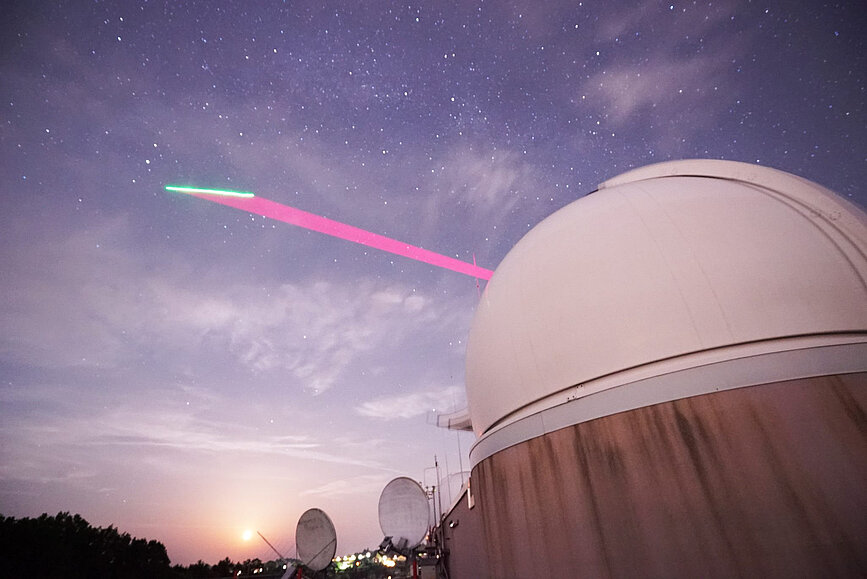The influence functional in relativistic quantum information: field-theoretic particle detector models and the connection between subsystem and event locality

In this talk, I will illustrate two applications of the influence functional in the context of relativistic quantum information (RQI). The first is a formulation of a fully relativistic model for localized probes in quantum field theory, which reduces to a version of the Unruh-DeWitt (UDW) model once all but finitely many degrees of freedom of the probe are integrated out. This vindicates a recently proposed bridge between detector-based and field-theory-based measurement frameworks for quantum field theory, and gives models such as the UDW detector an effective field theory flavor. The second application is a systematic comparison between the response of localized quantum systems which couple via a quantum-controlled classical interaction, and a similar scenario where the two localized systems only interact indirectly via a local coupling to a quantum field. This can have implications to recent discussions on the different notions of locality in relativistic quantum physics, as well as with the debate about the inference of the quantum nature of the gravitational field from the observation of gravitationally induced entanglement.
Comments (0)
No comments found!